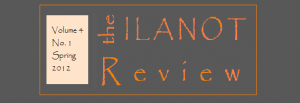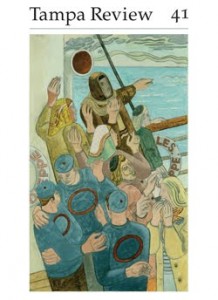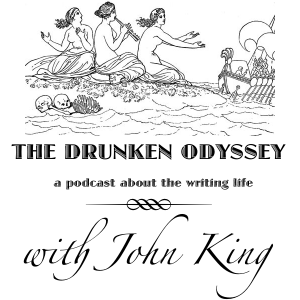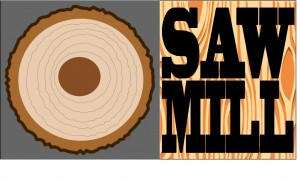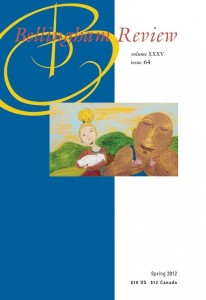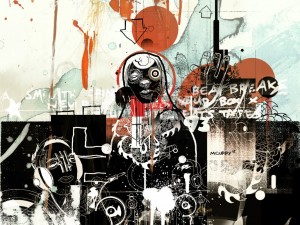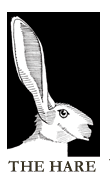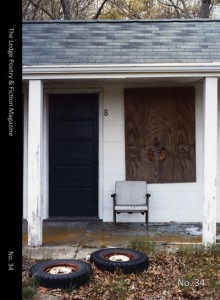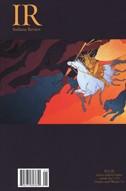Paper Nautilus, a new annual print magazine, is named after the tiny species of octopus with the same name. “They’re born by hatching out of very delicate eggs that look like nautilus sea shells,” says Editor-in-Chief Lisa Mangini. “It’s said to be rare to find one of these shells intact, since they’re so fragile. When I learned about this animal, it just seemed like the perfect fit for what I would want in a literary publication: the rare instance of finding something intact, and also the necessity of breaking through the thing that encases us so we can live our lives. It just seemed like the perfect emblem for what a writer does.” She says she wanted to start the literary magazine to create another space “for all that fine work so it could be enjoyed.”
Working with Assistant Poetry Editor Joey Gould, Mangini publishes a variety of poetry and fiction. “We also have a section we call ‘aphorisms,’ which is literature that can be fit into 160 characters or less,” she says. “We’re very open-minded, and make a point of trying to see beyond our own aesthetic and appreciate the strengths and merits of a piece that’s outside our style. And I think most work is also enjoyable for a reader who may not be a writer; the majority of works in Paper Nautilus are accessible to someone who’s just reading for pleasure.”
Mangini says they just launched a chapbook contest and would like to continue with this venture, publishing one to two chapbooks a year. In addition, she thought it would be neat to include a blog about craft, revision, and technique. “We are looking at expanding into digital issues as well,” she says, “but it may be some time before we fully launch that page. But we do have some featured pieces accessible at our website.”
The first issue includes poetry from Carol Berh, Lisa J. Cihlar, Trent Busch, Tobi Cogswell, James Connaster, Gregory Crosby, Barbara Daniels, Lori Desrosiers, Nandini Dhar, William Doreski, Kate Falvey, Marta Ferguson, Lauren Fisk, Ryan Fitzgerald, Ruth Foley, Ian Ganassi, Howie Good, Vivianne Grabinski, George Guida Kyle Hemings, Marianna Hofer, Paul Hostovsky, Nathaniel Hunt, Danielle Jones-Pruett, Tessa Kale, P. Kobylarz, Deirdre LaPenna, Henry W. Leung, Nancy Long, Terry Martin, John McKernan, Michael P. McManus,Colleen Michaels, Raphael Miguel Montes, Rick Murphy, Dianne Nelson Oberhansly, Janet Parlato, Simon Perchik, Marjorie Power, Megan Cowen, Charles Rafferty, Sarah Rizzuto, Jay Rubin, Meredith Sticker, Elizabeth Szewczyk, Meredith Trede, Edwina Trentham, David Walker, Eric Wescott, and William Kelley Woolfitt as well as fiction from Jessica Barksdale, Darren Cormier, James Fowler, Tim Parrish, Jeanette Samuels, Clint Smith, April Sopkin, and Adrian Stumpp.
Submissions are accepted year-round through Paper Nautilus’s online submission manager. Simultaneous submissions are fine as long as the writer withdraws the work upon acceptance elsewhere.


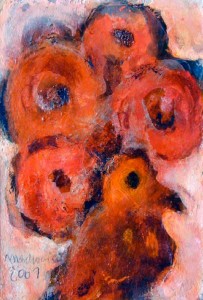
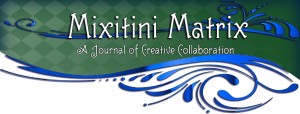
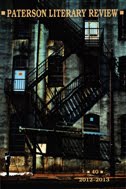

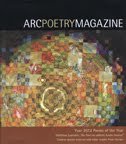

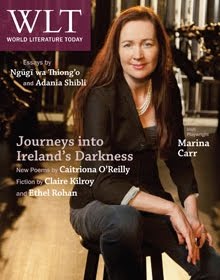
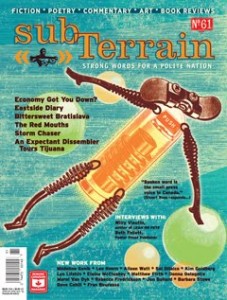
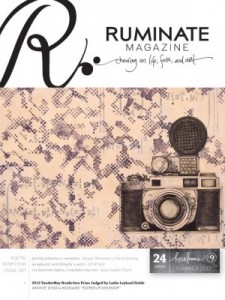

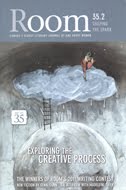
 – poetry
– poetry = electronic publication for e-readers
= electronic publication for e-readers = online magazines
= online magazines